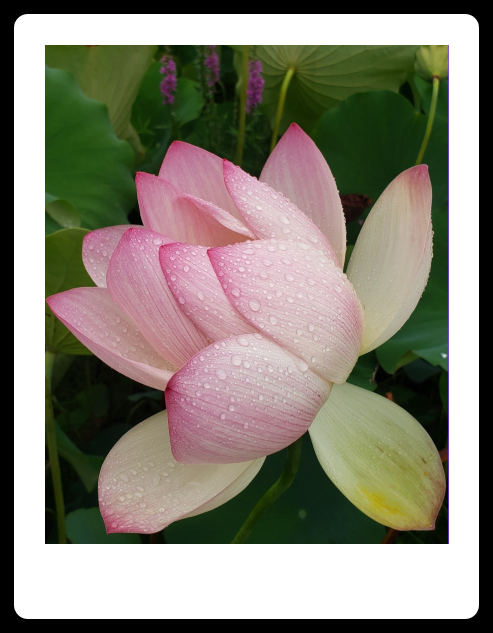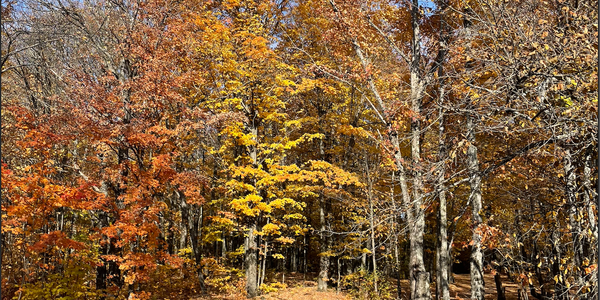Birthday Bodhisattva

Three years ago today, I wrote my own bodhisattva vow.
Beings are numberless; I vow to free them.
Connections between all things are infinite; I vow to honor them.
Delusions rise endlessly; I vow to transform them.
Portals to reality are everywhere; I vow to pass through them.
Awareness is holy; I vow to embody it.
I'm not a learned Buddhist scholar by any means but the more I engage with teachings from various schools of Buddhism, the more wisdom and peace I find in my life. I wanted something–a mantra–to remind myself daily that I don't just live for myself. I mean, sure, I've donated some time and money to certain causes, I've helped friends when they needed it. But out of an ingrained fear of lack–of resources, fulfillment, love–I hadn't truly dedicated myself to saving anyone else but me. "When I'm sure I have enough, then I'll start giving back," I thought.
But when would enough be enough?
What I found on my spiritual journey the last couple years is that, despite my deep fears and pessimism about the state of the world and specifically the United States, where I live, I actually have more than enough *right now*.
At the time, I was working with a teacher, Carolyn Elliott, who uses a lot of tantric Buddhist philosophies in her courses. She told our class about the bodhisattva vow. This vow is a promise to forego nirvana yourself until all beings achieve nirvana–to continue engaging in the cycle of reincarnation, the cycle of suffering, for the betterment of all. She introduced it to us as a powerful way to give your life purpose and meaning ... to dedicate yourself not only to seeking enlightenment but also to sticking around and pointing others to the path.
The traditional vow usually incorporates 4 paradoxes, stating the endlessness of souls, suffering, dharma gates, and the supremacy of the Awake Way, while announcing the devotee's intention to master these things despite their infinite nature. Guided by my Unitarian Universalist values, I added an extra vow (the second one) inspired by an ecological version of the bodhisattva vow co-authored by Allen Ginsberg, Gary Snyder, and Philip Whalen.
I also altered some of the language of the others. For instance, some versions of the traditional bodhisattva vows talk about "cutting through" delusions or "destroying" them, but I had begun to believe that (just like everything else my brain invents) my delusions are important. They are stories that reveal something about where I am in the moment, and that recognizing them with self-compassion them instead of trying to crush them out of existence might be a kinder way to deal with those parts of myself.
Another vow talks about "dharma gates," a term that didn't resonate with me. I'm a sci-fi/fantasy writer, though, so the idea of "portals to reality" really hit–spaces, places, and experiences that help me see through to my own nature and the nature of the world around me.
But in the past few years, I've started asking for "help" with my vows. Because they're too big, aren't they, these numberless beings and endless delusions? I can't do it on my own. Part of my morning practice is this humility, reminding myself that I need help–from others around me, from spiritual teachings, and from the universe–to even think about tackling these high-and-mighty goals.
So my morning vow looks like this:
Beings are numberless; I vow to free them. I ask for your help.
Connections between all things are infinite; I vow to honor them. I ask for your help.
Delusions rise endlessly; I vow to transform them. I ask for your help.
Portals to reality are everywhere; I vow to pass through them. I ask for your help.
Awareness is holy; I vow to embody it. I ask for your help.


